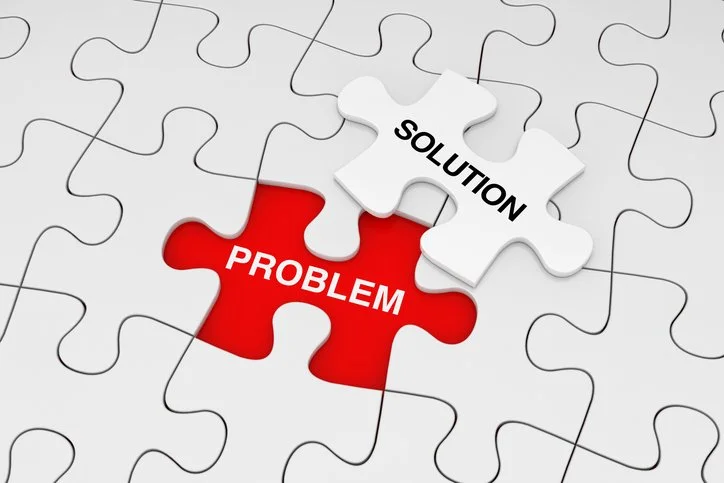Our Academic and Policy Work
Here at Fenix Collective we engage with other organizations, academics, and individuals to do research and policy-making centered on the populations we serve. Here are some of the projects we’ve produced and worked on lately!
“Promoting Lasting Change: Strategies for Recidivism Reduction at the Community and Individual Level” by Jessica Summers, NCCPSS/FPS
CHWIV
“We are here to introduce the basics of the problems with the criminal legal system in the United States, the issue of recidivism and the complexity of why it exists, and to outline comprehensive, holistic solutions to how Community Based Organizations can reduce recidivism by utilizing evidence-based practices that will benefit both the justice-involved individuals and enrich the communities they return to.”
“Queering Peer Support: Building LGBTQIA+ Leadership for Formerly Incarcerated People” by Jessica Summers, NCCPSS/FPS
CHWIV
“Why peer leadership is essential for addressing and supporting the unique needs of the justice-impacted LGBTQIA+ population.”
“Compassion Fatigue and Work/Life Imbalance in the Helping Professions” by Jessica Summers, NCCPSS/FPS
CHWIV
“Burnout and poor work-life balance are buzzwords in corporate America, but they also heavily influence the performance and effectiveness of those who work in the helping fields. Those who are "in the trenches" doing direct service work, like our peer support and case management staff here at Helping Hands, often experience an additional challenge called compassion fatigue. In order to fulfill the agency mission, where serving both the clients and staff results in a positive feedback loop, Helping Hands must first understand how and why these challenges arise, and then work on taking steps to prevent, reduce, and mitigate them.”
“Peer Support at the Intersection of Substance Use, Mental Health, and Criminal Justice” by Jessica Summers, NCCPSS/FPS
CHWIV
“For people impacted by incarceration, peer support is especially powerful. Justice-involved individuals face overlapping barriers: housing insecurity, employment discrimination, untreated health conditions, and stigma. Peers with lived justice experience provide credibility and trust, helping others navigate reentry and recovery. Programs that integrate peer navigators into reentry planning show reductions in overdoses, better continuity of care, and greater engagement with community supports".”
“2022 Reentry Guidlines: ILARJ/SAFER Foundation” by Jessica Summers, NCCPSS/FPS
CHWIV et al.
“The purpose of these Guidelines is to identify both the current deficit in services along with solutions to fill this void in order to bring all of these much-needed services under the umbrella of reentry within a fundamental paradigm shift.”
“Justice-Impacted LGBTQIA+ People and Substance Use in North Carolina” by Jessica Summers, NCCPSS/FPS
CHWIV
“Exploring challenges and support for this community for Community Health Workers”






